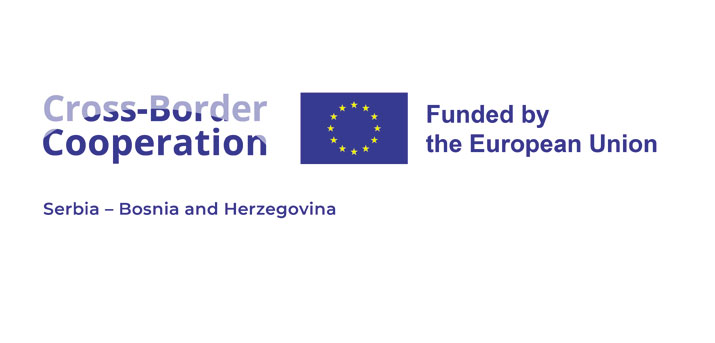Cross-border Cooperation Programmes are one of the components of a new instrument of the European Union – Instrument for Pre-accession Assistance 2007–2013 (IPA) – for support and promotion of socio-economic and cultural cooperation between regions out of European Union. Cross-border cooperation focuses on cooperation between EU Member States and candidate countries and potential candidate countries, on cooperation between candidate countries and potential candidate countries, and also on transnational cooperation.
The beneficiary countries are divided into two categories: candidate countries under the accession process (Croatia, Turkey, FYRO Macedonia) and potential candidate countries under the stabilisation and association process (Albania, Bosnia and Herzegovina, Montenegro, Serbia and Kosovo UN Security Council Resolution 1244).
Cross-border Cooperation Programmes are realized through a “grant scheme”, mechanism which provides direct financial support to the beneficiaries.
Cross-border Cooperation Programme Serbia – Bosnia and Herzegovina 2007-2013 aims at promoting sustainable economic and social development, and also at helping people on both sides of the border to resolve problems of common interest.
Both Serbia and Bosnia and Herzegovina have had experience in cross-border cooperation on their external borders. Serbia has had experience in four programmes: with Bulgaria, Romania, Hungary and Italy, as well as in transnational programming. Bosnia and Herzegovina has had experience in the programme with Italy and in transnational programming.
How is Cross-border cooperation Programme Serbia – Bosnia and Herzegovina 2007-2013 implemented.





